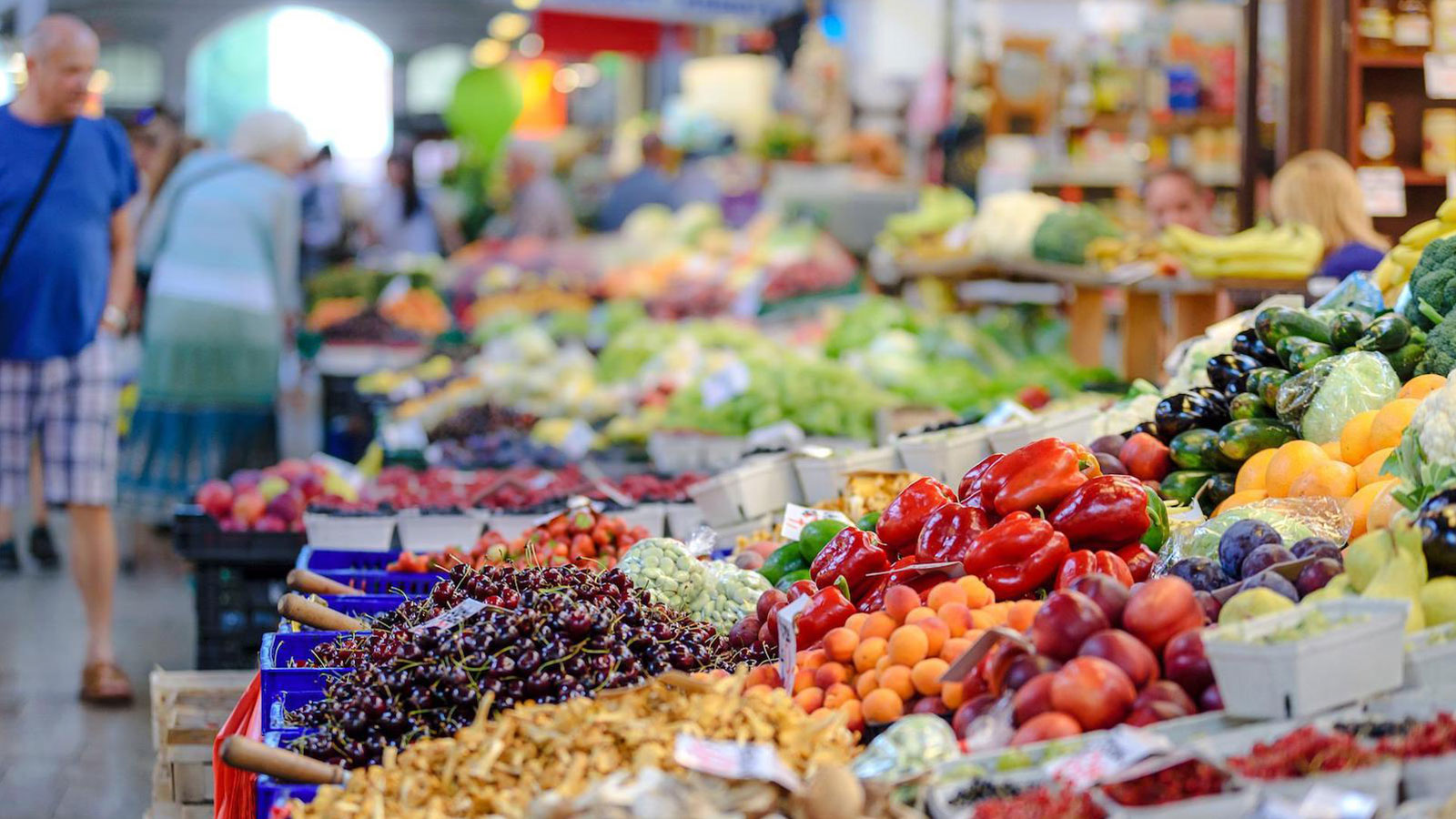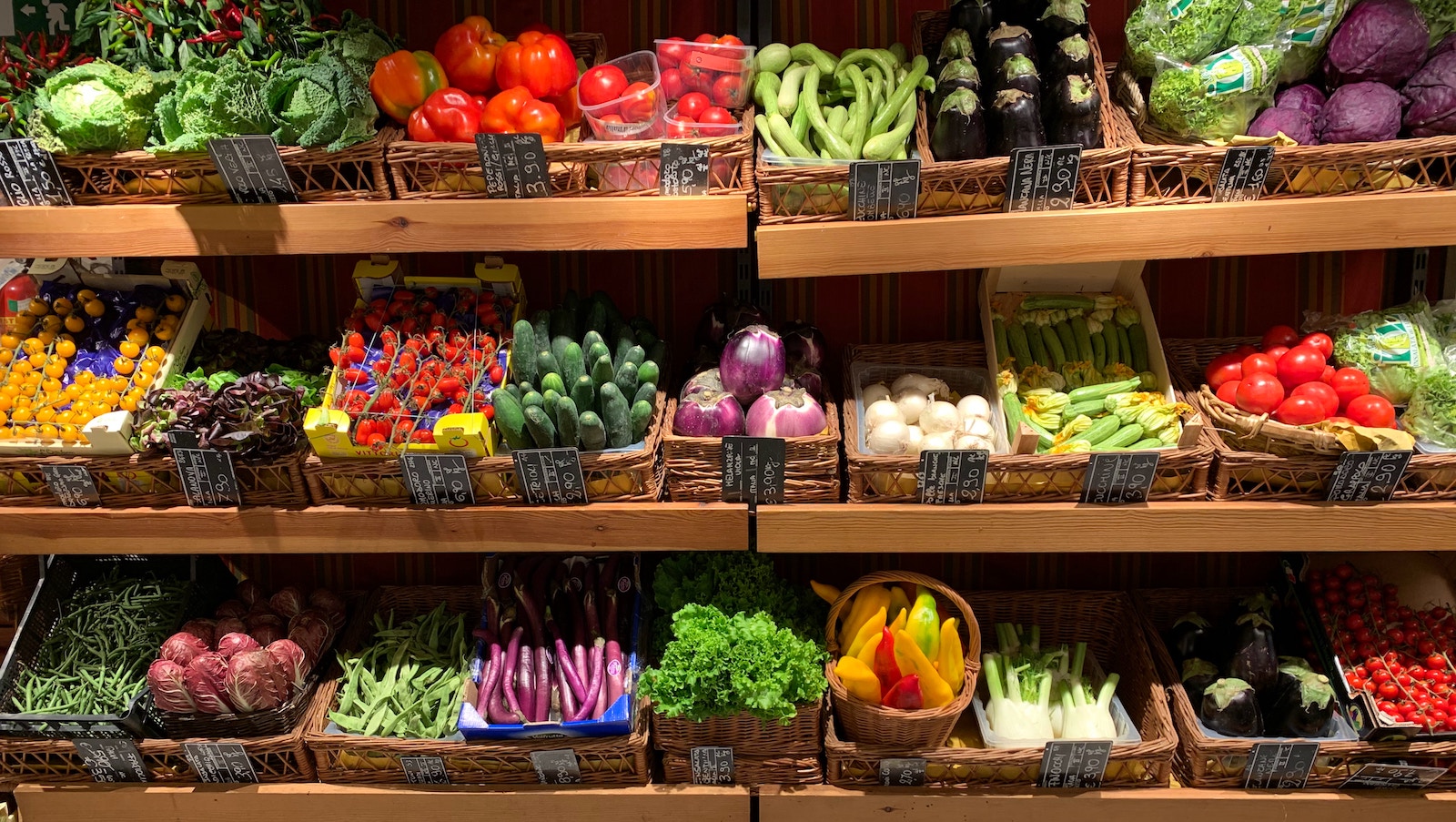
How to keep your food safe during that Memorial Day picnic
A lot of food we buy contains germs but you can take steps to avoid getting sick
Foodborne illnesses can be particularly scary because most of the germs that contaminate our food can’t be seen or smelled. The food looks fine, but it could contain dangerous amounts of Salmonella, which is the No. 1 cause of hospitalizations and deaths from foodborne illness in the United States.
Food recalled because of Salmonella concerns doubled last year compared with pre-pandemic 2019, our analysis government data found. There’s good news too: Recalls and health alerts from Listeria, E. coli and foreign objects in the food decreased from 2019.
Illnesses caused by Salmonella occur more often in the summer because the bacteria love warm temperatures and unrefrigerated foods at picnics and outdoor gatherings, experts say.
Following these easy food safety steps can help you avoid getting sick from many types of food contamination or food poisoning, according to the Centers for Disease Control and Prevention.
- Clean: This means washing your hands, your utensils and your preparation surfaces frequently. This is particularly important if you’re handling uncooked meat, chicken and other poultry, seafood, flour, or eggs.
And if you touch the water faucet handles with dirty hands, wipe those down too after you wash your hands.
Wash all fruits and vegetables before slicing, peeling and eating. - Separate: For food items that will not be cooked, keep them separate from raw meat, poultry and seafood.
- Cook: Remember that nearly 20 recalls from the U.S. Department of Agriculture last year stemmed from Listeria, E. coli and Salmonella. These recalls involved tens of thousands of pounds of beef, pork and poultry. And that’s just the ones we know about. It’s important to know that cooking to the proper temperature kills Listeria, Salmonella and E. coli.
Use a food thermometer to make sure your food is cooked properly to reach a temperature high enough to kill germs. To be safe, use two thermometers in case one is faulty.
Quite simply, undercooked meat and poultry can make you sick. Beef and pork may contain Salmonella, E. coli, Yersinia and other bacteria. Raw poultry frequently contains Campylobacter and can also contain Salmonella, Clostridium perfringens and other bacteria.
Rinsing contaminated items, such as lettuce or mushrooms, can remove pesticide residue and some germs, but it won’t kill bacteria such as Salmonella, Listeria or E. coli. - Chill: Refrigerate perishable food within two hours if it’s out at room temperature. Refrigerate it within one hour if the food is out in temperatures above 90 degree, at a picnic, for example. In addition, frozen foods should be thawed in the refrigerator, not at room temperature.
- Stay informed: Finally, keep up with the latest food recalls. Here’s our consumer guide on ways to protect you and your family.

How to find out about food recalls

Food for Thought Part 2: An analysis of food recalls for 2022
Topics
Authors
Teresa Murray
Consumer Watchdog, U.S. PIRG Education Fund
Teresa directs the Consumer Watchdog office, which looks out for consumers’ health, safety and financial security. Previously, she worked as a journalist covering consumer issues and personal finance for two decades for Ohio’s largest daily newspaper. She received dozens of state and national journalism awards, including Best Columnist in Ohio, a National Headliner Award for coverage of the 2008-09 financial crisis, and a journalism public service award for exposing improper billing practices by Verizon that affected 15 million customers nationwide. Teresa and her husband live in Greater Cleveland and have two sons. She enjoys biking, house projects and music, and serves on her church missions team and stewardship board.
Find Out More

Safe At Home in 2024?

What the California Consumer Privacy Act means for you

Online privacy tips by state
